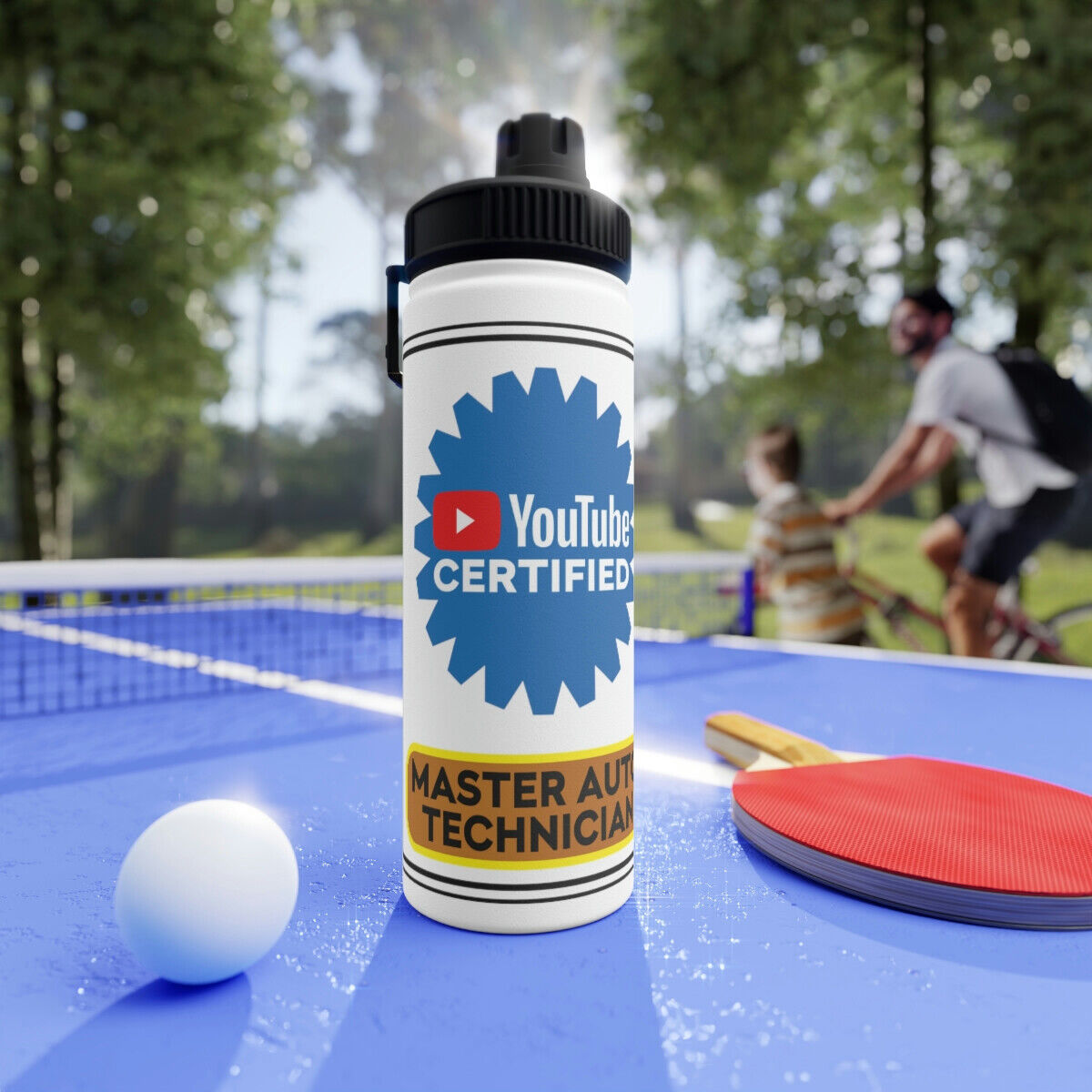All posts tagged projectcars
Installing New Rotors and Brake Calipers
In an earlier post, we had done a front brake pads change in the Miata, but while doing that change realized that one of the bolts slipped because the threading in the calipers was damaged. So we ended up doing a complete front and rear caliper replacement using remanufactured stock calipers from RockAuto. The good thing about these new calipers was that they were painted red which would look great on our car. In this post, we demonstrate how to go about removing and installing calipers. This work was done in August 2020, but we only found time a year later to write this post. I spent hours editing the photos.
This post outlines the installation of new rotors and brake calipers for both front and rear of the car, and it has a lot of pictures. You may find that installation of the front calipers may have been demonstrated on Youtube but it has not been done for rear calipers.
The next post outlines how to do the brake pads, and bleed the brakes.
Read More →Plastidip Front Grille & Emblem on Infiniti G35 Coupe
The silver front grille and emblem of the Infiniti G35 Coupe was looking worn out and ugly. So I removed it using a trim removal tool from Harbor Freight (blue tool in Figure 1) and purchased a $7 black Plastidip spray can (Figure 2) from Home Depot to paint it. The process of doing this is very simple and can be done in under 20 minutes for the first coat, and every other coat can be applied every 30-40 minutes.
Read More →Fuel Pump Replacement on Infiniti G35 Coupe
In the end of the previous post, I ended up fixing the fuel leak on the 2005 Infiniti G35 Coupe, by using new bolts and O-rings. Since I had damaged the fuel gauge sensors on both the fuel pump and the secondary fuel gauge sensor, I purchased an after-market replacement fuel pump (Figure 1), made by UltraPower (Figure 2), and secondary fuel sensor (Figure 3), made by Autotecnica, from RockAuto.
Installation follows the same procedure as outlined in the earlier post, but be very careful while installing the pump back in, since you need to avoid damaging the fuel level sensor. Remember to remove both the fuel hoses from the old pump first, as shown in Figure 4, and then attach them to the new pump before install.
Read More →Fuel Leak Fixed on Infiniti G35 Coupe
In the end of the previous post, we ended up with a fuel leak on the 2005 Infiniti G35 Coupe after trying to fix the fuel sensor issue. The car was towed to the dealer, who after keeping it for 10 days and quoting an exorbitant price of over $3000 to fix the fuel leak, did nothing to the car besides fixing a seat belt recall. I ended up losing $200 on the whole and got the car towed back home. Then with help from the g35driver.com forum post and the service manual’s Fuel System section I diagnosed the problem to be loose fuel pump cover bolts and bad O-rings.
Once I purchased the replacement parts from a local Infiniti dealership, I was able to fix the leak. This post describes what I did wrong, and what one should take care of when handling the fuel sensors.
Read More →Fuel Level Sensor Issues on Infiniti G35 Coupe
The 2005 Infiniti G35 Coupe came with a check engine light (CEL) code of P0462 (Figure 1). The fuel gauge always showed empty and I watched a few Youtube videos on how to clean the two fuel level sensors below the rear seats in the car to fix the
problem. Apparently, after a while the fuel level sensors tend to collect grime over themselves that leads to the fuel gauge reading a zero value.
This post describes that process to clean it out. However, it turns out that the previous owner did try the same process, as the fuel level sensors were already clean. So this meant that the issue was probably the sensor electrical connection or the dashboard fuel gauge itself. I did the fuel level sensor cleaning/checking on August 3rd, and on August 10th (today) I filled up the tank fully. But it was a disaster. The fuel tank was leaking non-stop (Figures 25 and 26) and so I had to accept my limited abilities at this point and got the car towed to the dealer. The dealer wants me to install a new fuel tank since the current one is dented and has too much rust. 😞
Anyway, this post still describes the fuel level sensor cleaning in case you may benefit from it.
Read More →Buy Merchandise Direct !
Our eBay Store
Search
Categories
Tags
- miata (31)
- projectcars (65)
- mx-5 (31)
- autocross (6)
- wheels (6)
- tools (3)
- tires (2)
- painting (4)
- Briggs And Stratton (2)
- small engines (3)
- oil change (7)
- car hacking (3)
- ECU (3)
- BPL9 (2)
- reverse engineering (2)
- BP5R (1)
- engine (8)
- o2-sensors (1)
- emissions (3)
- brakes (5)
- porsche (15)
- boxster (15)
- jump-start (2)
- car physics (1)
- body work (3)
- seats (4)
- infinitig35 (17)
- fuel (3)
- Subaru (1)
- 4Runner (3)
- accessories (2)
- WRX (1)
Amazon Ads
Support This Site

Donate Bitcoin (BTC) to 1DnrMHv5MyZax9JqodfPwLPF8qmMfKrPep.

Donate Z-Cash (ZEC) to t1P5JTdy3HucQv13NVN939gqbuC3i6nqaop.

Click or Scan QR-code to donate with PayPal







